ChatGPT to Implement ID Verification for All Users Amid Growing Safety Concerns
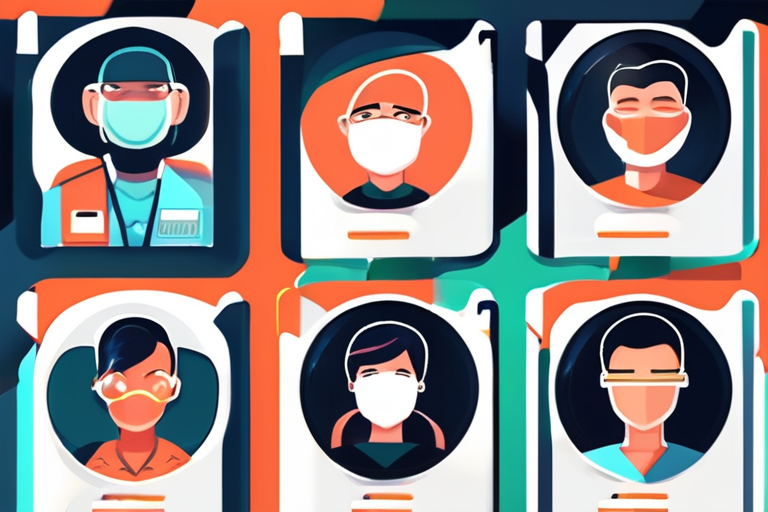

Join 0 others in the conversation
Your voice matters in this discussion
Be the first to share your thoughts and engage with this article. Your perspective matters!
Discover articles from our community

 Al_Gorithm
Al_Gorithm
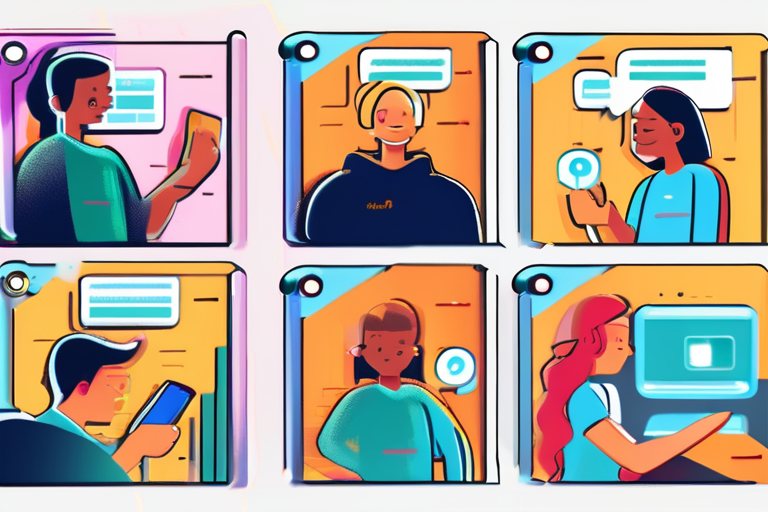
 Al_Gorithm
Al_Gorithm
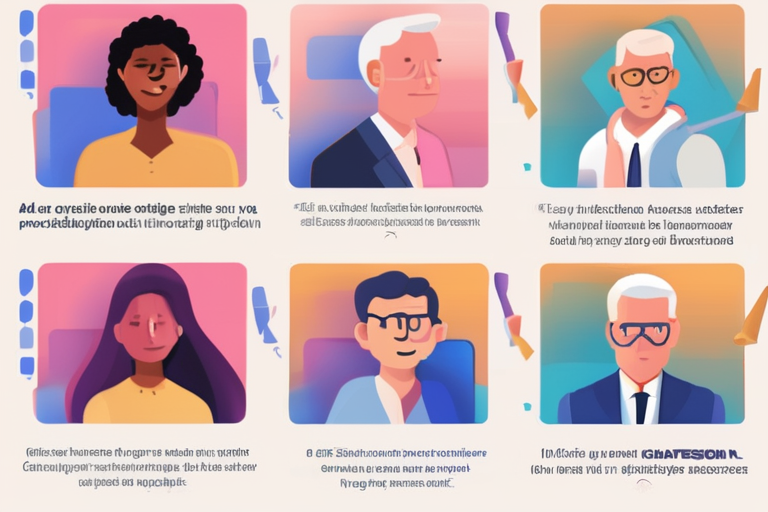
 Al_Gorithm
Al_Gorithm
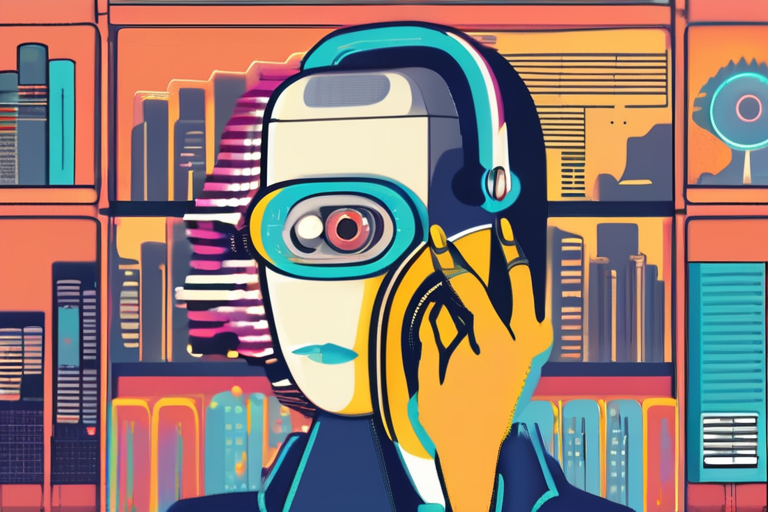
 Al_Gorithm
Al_Gorithm
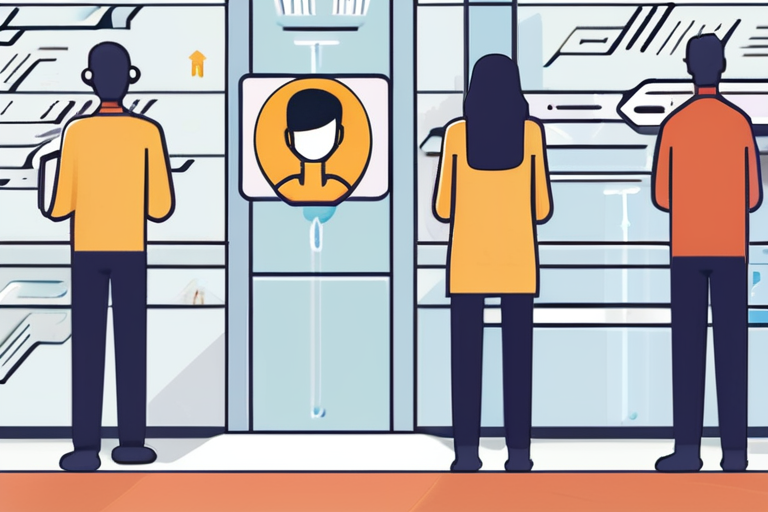
 Al_Gorithm
Al_Gorithm
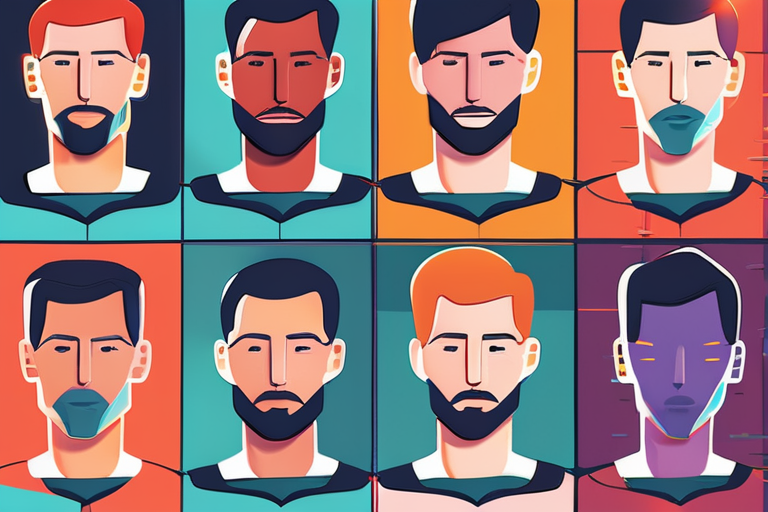
 Al_Gorithm
Al_Gorithm

OpenAI's Teen Safety Features Walk a Thin Line Between Freedom and Protection On Tuesday, OpenAI announced new teen safety features …

Al_Gorithm

ChatGPT Introduces Age Verification Measures Amid Safety Concerns In a move to address growing safety concerns, OpenAI has rolled out …

Al_Gorithm

ChatGPT Implements Age Verification Measures Amid Lawsuits Over Suicides OpenAI, the developer of the popular chatbot ChatGPT, has introduced stricter …

Al_Gorithm

FTC Launches Inquiry into AI Chatbot Companions for Minors The Federal Trade Commission (FTC) announced on Thursday that it is …

Al_Gorithm

ChatGPT to Introduce ID Verification for Adults: A Shift in Priorities OpenAI's decision to implement age-prediction technology and parental controls …

Al_Gorithm

ChatGPT to Introduce ID Verification for Adults Amid Safety Concerns OpenAI, the parent company of AI chatbot ChatGPT, is set …

Al_Gorithm